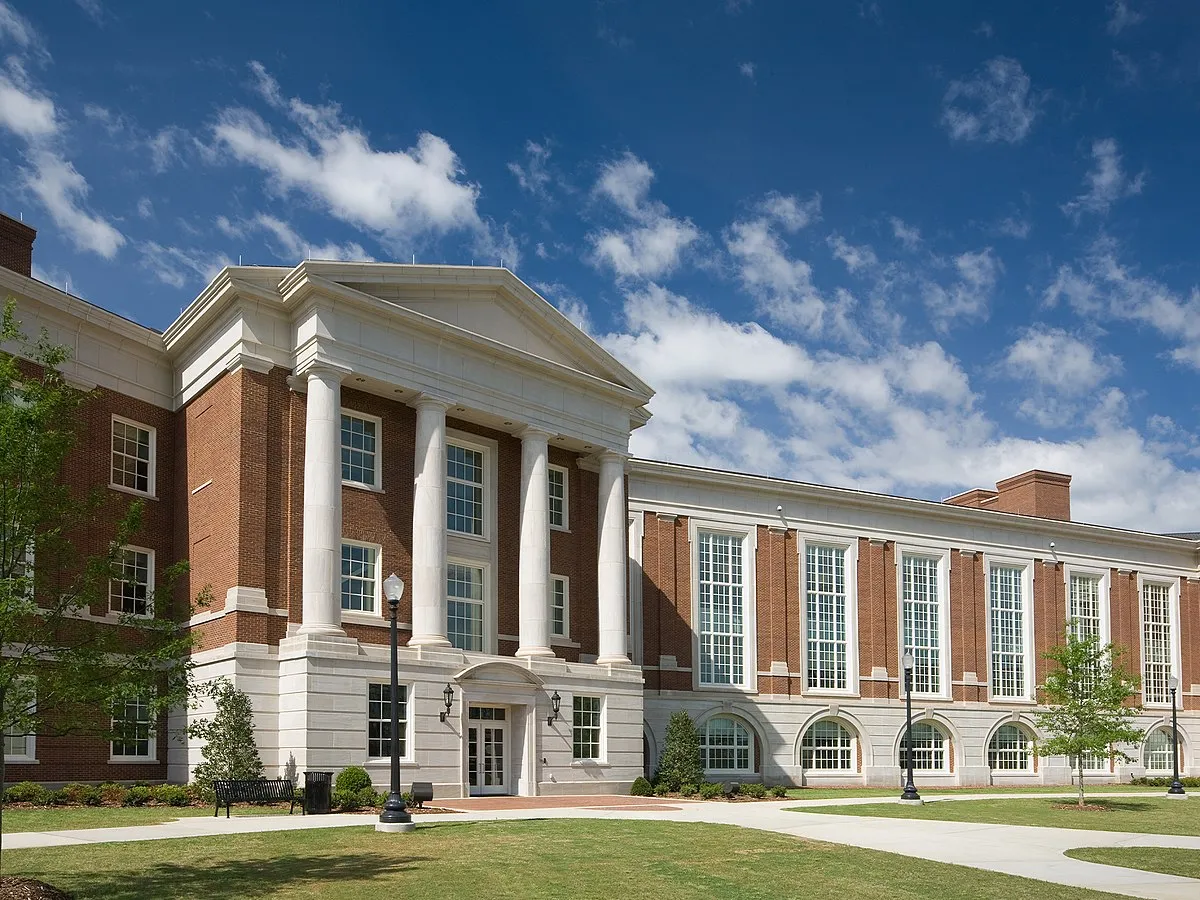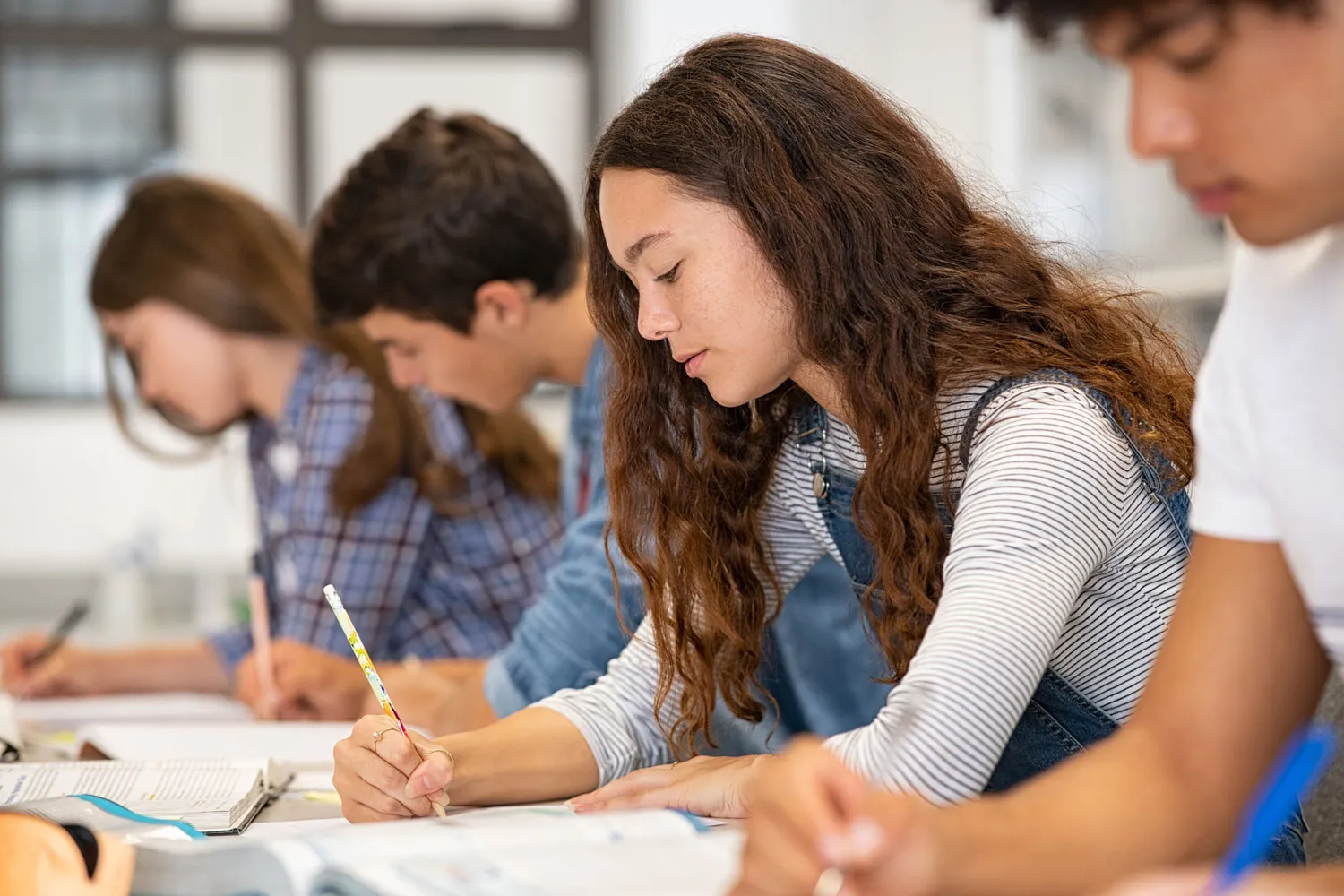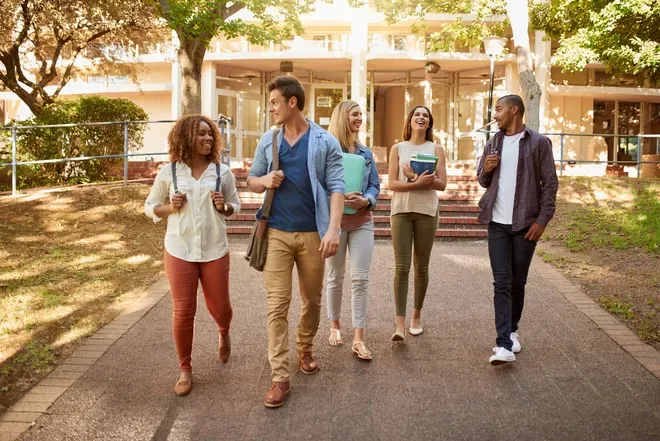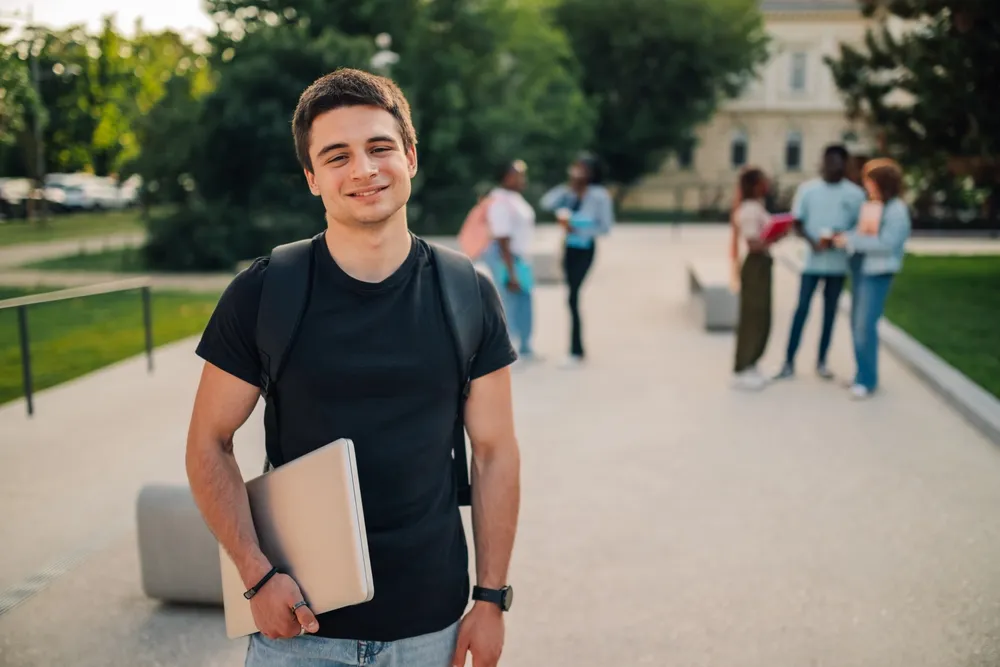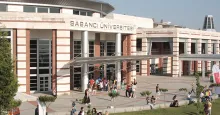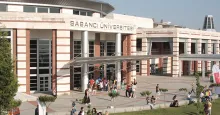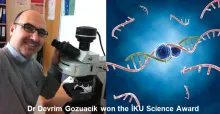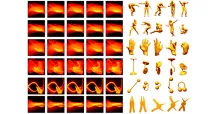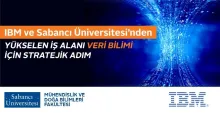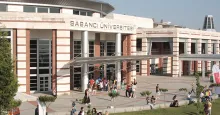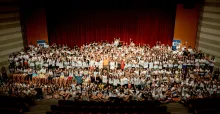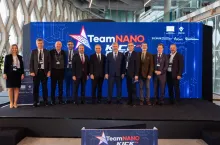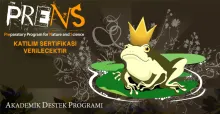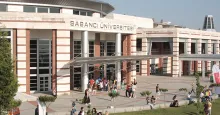To the attention of students who will take the September 2014 ELAE Stage-1,
Information about which rooms students will take the exam in will be posted on the doors of faculty buildings on Thursday August 28th 2014 at 5:00pm.
STAGE ONE EXAM DATE AND TIME.
Monday, September 1, 2014 / 10:00 pm – 11:30 pm
Important Reminder:
For the identification check to be done in time, we ask that students who will take the exam be at the exam hall half an hour before the exam starts and that they bring some official identification which includes their photograph (such as a passport, identification card, driver’s license) with them.
Students should also make sure that they bring a pencil, eraser and any other necessary pieces of equipment with them.
The results of the Stage 1 will be announced on the external web page of Sabancı University through the SU web-page. The results will also be posted on the doors of the School of Languages building. These results will be announced on Monday, September 1st at 9:00 pm.
Students who receive unsatisfactory grade (UL) will be placed in the Foundation Development Year at either Route 1, Route 2 or Route 3.
Students who do not take the exam (NA) will be placed in the Foundation Development Year at Route 1.
Therefore, even if an ELAE candidate feels that their English level is not high enough, they are still advised to take Stage 1 and to answer as many questions as they can so that their English level can be measured accurately.
Students who will take stage 2:
- Those who receive satisfactory grade (SL grade) from ELAE Stage 1,
- Those students who hold proficiency exam rights, because their status is inactive,
- Undergraduate students who are transferring from Turkish-medium universities,
- Graduate students who have received approval from their faculties.
Exam location information: Information about which rooms students will take Stage 2 of the exam in will be posted on the doors of faculty buildings and will be announced on our website on Tuesday, September 2nd 2014, at 15:30pm.
STAGE 2 DATE AND TIMES:
Wednesday, September 3rd, 2014, 09:30-15:00 (details below)
9:30 – 11:00 Writing
11:00 – 12:00 Listening
12:00 – 13:15 Lunch break
13:15 – 15:00 Reading
Important Reminder:
For the identification check to be done in time, we ask that students who will take the exam be at the exam hall half an hour before the exam starts and that they bring some official identification which includes their photograph (such as a passport, identification card, driver’s license) with them. Students should also make sure that they bring a pencil, eraser and any other necessary pieces of equipment with them.
The results of the second stage will be announced on the external web page of Sabancı University through the SU web-page. The results will also be posted on the doors of the School of Languages building. These results will be announced on Friday, September 5th at 9:00 pm.
Graduate students will be informed of their ELAE results by their faculties.
No results will not be given out over the telephone to avoid any misunderstandings.
There is no make-up for the ELAE.
ELAE results are announced as letters of the alphabet.*
SL – Satisfactory from the ELAE,
UL-Unsatisfactory from the ELAE;
NA- Non-attendance,
UL – Unsatisfactory.
As stated in our regulations, no results are released as numeric values.
*SL and UL scales are only available for the second stage of the ELAE
SL (Satisfactory): ‘A-SL, B-SL, C-SL’,
EL (Exempt from the ELAE),
UL (Unsatisfactory): D-UL, E-UL, F-UL,
NA (Non attendance/ evaluated as UL)’
Scales are as below:
A | SL | 85 - 100 |
B | SL | 75 - 84 |
C | SL | 65 - 74 |
D | UL | 55 - 64 |
E | UL | 45 - 54 |
F | UL | 0 - 44 |
Students who receive less than 65% (UL) will be placed in the Foundation Development Year at either Route 3 or Route 4.
Students who are successful in Stage 2 of the exam, those who receive SL, will be eligible to start Faculty classes in the 2014-2015 Academic Year.
We recommend that all students who will take the exam check this link.
We wish you every success in the exam.
School of Languages

